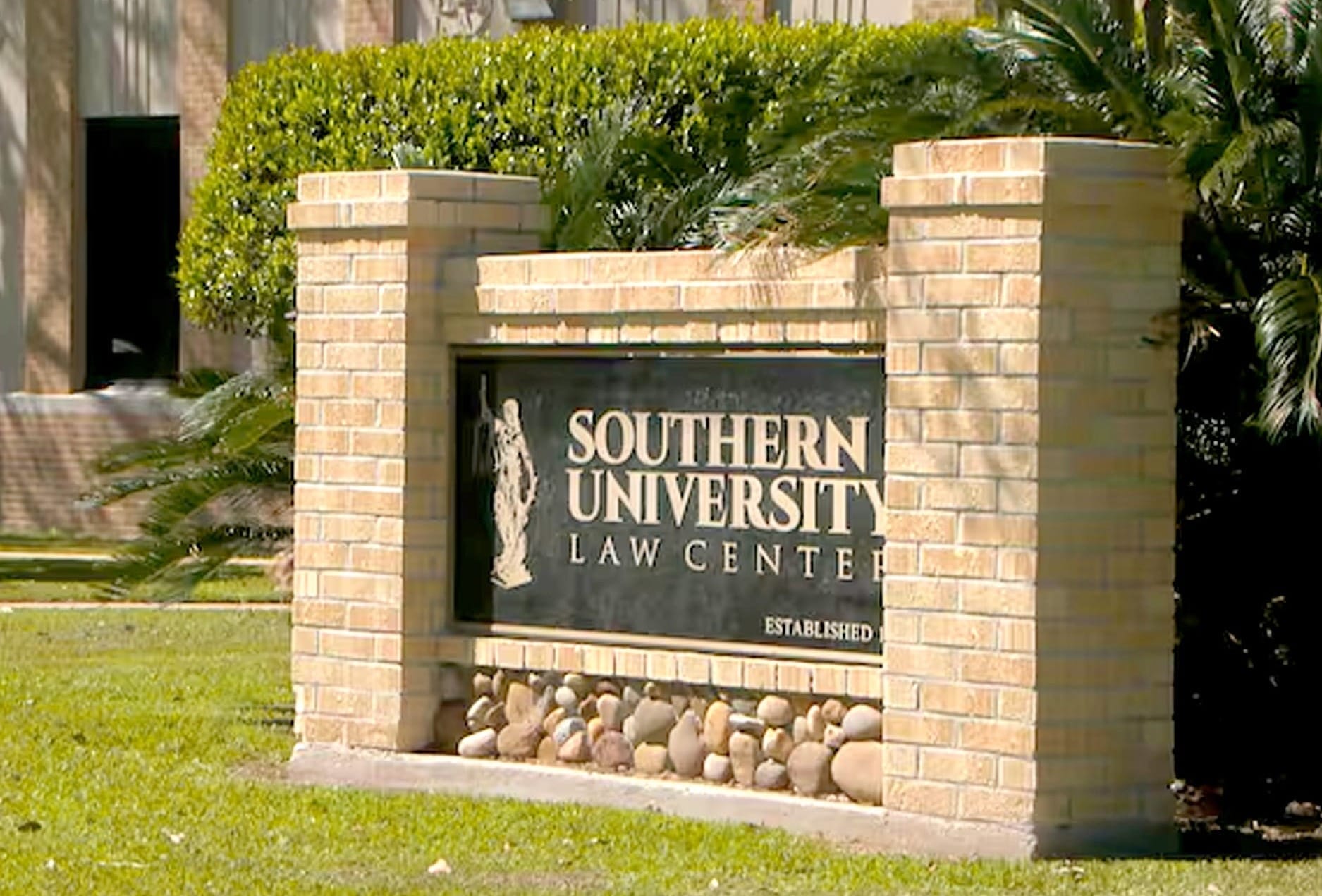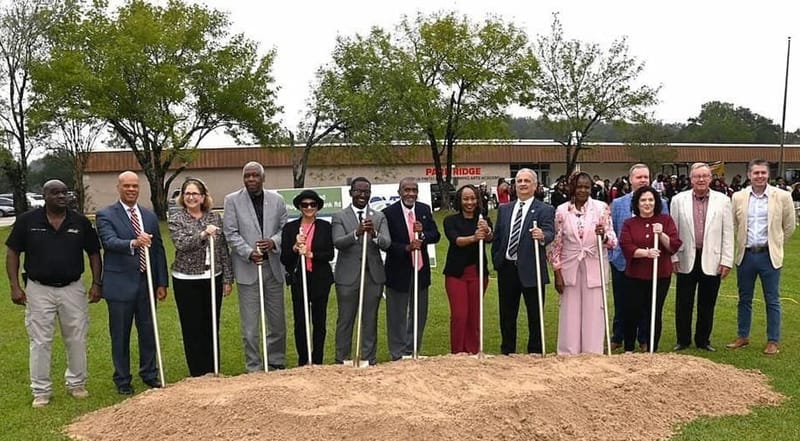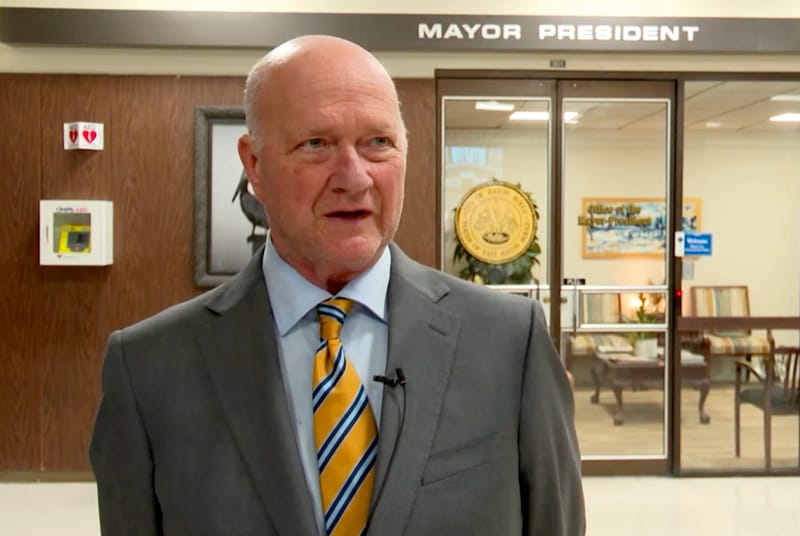Southern Law Students Step In When You Can’t Afford a Lawyer
The university has received an $800,000 grant from the Louisiana Bar Foundation to expand its Clinical Law Program, a lifeline for low-income families who need legal help but can’t pay for it.

BATON ROUGE, La. — If you’ve ever known someone who couldn’t afford a lawyer, Southern University Law Center is stepping in to change that.
The university has received an $800,000 grant from the Louisiana Bar Foundation to expand its Clinical Law Program, a lifeline for low-income families who need legal help but can’t pay for it. The funding will underwrite legal fellowships, strengthen client services, and create an indigent client fund that covers costs for those most in need.
The initiative addresses what experts call Louisiana’s “justice gap” — the growing distance between those who require legal representation and those who can afford it. Louisiana continues to rank among the lowest states in the nation for access to legal-aid attorneys, particularly in rural areas and cities like Shreveport, where many face evictions, custody battles, or consumer disputes without legal counsel.
Through the Clinical Law Program, law students and recent graduates represent clients under faculty supervision, handling the kinds of civil cases that can shape families’ futures — from child custody to housing and disaster recovery. The experience gives aspiring attorneys practical courtroom exposure while serving communities often overlooked by the system.
The $800,000 grant will not only expand the reach of the clinic but also open pathways for first-generation law graduates and students of color pursuing public interest law. It serves as both a community service initiative and a professional development opportunity that connects education with impact.
University officials describe the partnership as a model for how higher education can directly improve lives. Each case handled by Southern’s law students represents a step toward narrowing Louisiana’s justice divide and ensuring that access to legal representation is a right, not a privilege.






